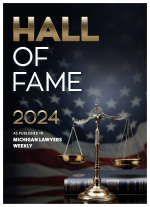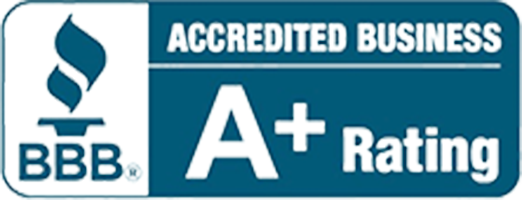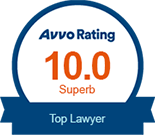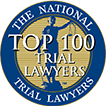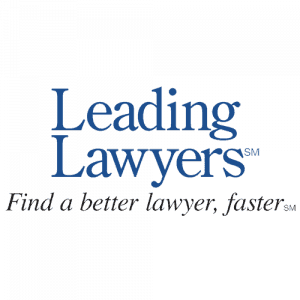
Northville Premises Liability Attorney
Helping You Seek Compensation for Property Injuries
Property owners have a responsibility to keep their premises safe and free from hazards. When they fail to do so, innocent people can get hurt. If you or someone you love was injured on someone else’s property, you may be entitled to compensation for your medical bills, lost wages, pain and suffering, and other damages.
At Grewal Law PLLC, our Northville premises liability attorneys are here to help you understand your rights and options. We know how to navigate the legal system and can fight for the maximum compensation you are owed.
Call us at (248) 621-8890 or fill out an online contact form to request a free consultation.
What is Premises Liability?
Premises liability is an area of personal injury law that holds property owners accountable for injuries that occur on their properties. The specific duty of care a property owner owes to a visitor will depend on the visitor’s status (i.e. whether they are an invitee, licensee, or a trespasser).
Here is a breakdown of the three types of visitors:
- Invitee: An invitee is someone who was invited onto the property by the owner. This includes customers at a store, a guest at someone’s home, or a person visiting a public park. Property owners owe invitees the highest duty of care and must take reasonable steps to ensure their safety.
- Licensee: A licensee is someone who has permission to be on the property but is not there for the owner’s benefit. This includes a social guest at someone’s home or a person who enters a store during normal business hours. Property owners owe licensees a lower duty of care than invitees, so they must only warn them of known hazards.
- Trespasser: A trespasser is someone who enters the property without permission. In general, property owners do not owe a duty of care to trespassers. However, if a property owner discovers the presence of a trespasser, they must avoid causing them harm.
Common Types of Premises Liability Cases
There are several different ways that people can get hurt on someone else’s property. Some of the most common types of premises liability cases include:
- Slip and Fall Accidents: When a dangerous condition causes a person to slip, trip, or fall and suffer an injury, the property owner may be held liable. Some of the most common causes of slip-and-fall accidents include wet floors, icy walkways, and uneven walking surfaces.
- Inadequate Maintenance: Property owners must keep their premises in a reasonably safe condition. This means that they must take steps to make repairs promptly and perform routine maintenance. When a dangerous or defective condition causes an injury, the property owner may be liable.
- Inadequate Security: Property owners must also take steps to keep their premises reasonably secure. This is particularly true for commercial property owners and those who own property in high-crime areas. If a person is assaulted, robbed, or otherwise harmed as a result of inadequate security measures, the property owner may be liable.
- Swimming Pool Accidents: Property owners who have swimming pools must take steps to keep them secure. This includes installing a fence around the pool to prevent children from entering the area unsupervised. When a person is injured in a swimming pool accident, the pool owner may be held liable.
- Elevator and Escalator Accidents: Property owners must also take steps to ensure that elevators and escalators are safe for use. This includes performing regular maintenance and making necessary repairs. When a person is injured in an elevator or escalator accident, the property owner may be held liable.
- Toxic Fumes and Chemicals: Property owners who use or store toxic fumes and chemicals have to take steps to protect those on their property from exposure. This may include providing employees with the appropriate protective gear or posting warning signs. When a person is exposed to toxic fumes or chemicals and becomes ill as a result, the property owner may be held liable.
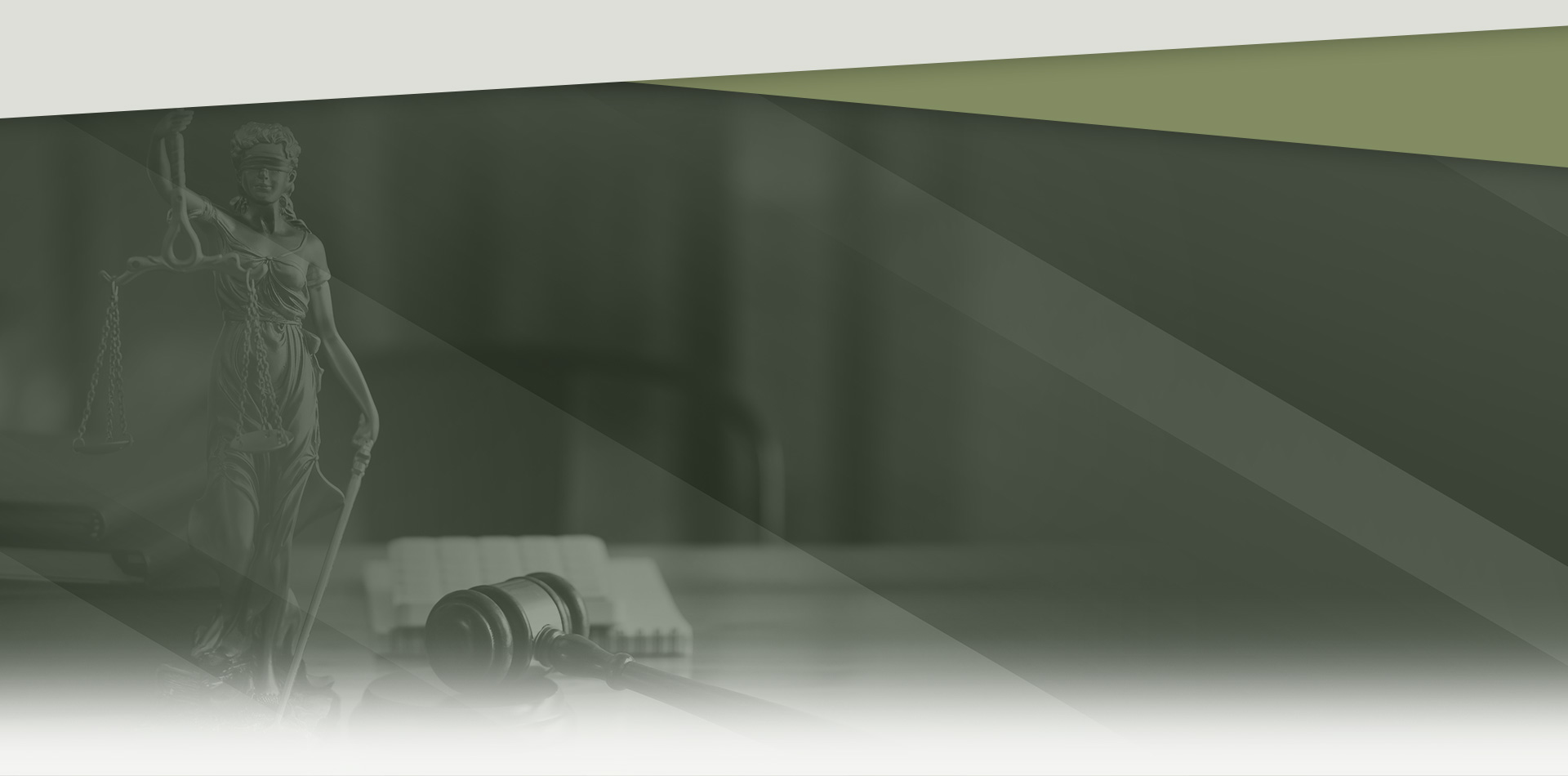
Our Settlements & Verdicts
-
$2.4 Million Medical Malpractice
A 52-year-old man was admitted to hospital with chest pains. Thereafter, he was sent home without proper treatment and died within hours of a massive heart attack.
-
$2.3 Million Birth Injury
Failure to properly deliver a newborn baby resulting in the child developing Cerebral Palsy & lifelong disability.
-
$2 Million Truck Accident
Motor vehicle collision resulting in the death of a 56-year-old man following a head-on collision with a semi-truck.
-
$1.7 Million Medical Malpractice
Spinal hematoma following an epidural injection in a 75-year-old resulting in neurologic damage.
-
$1.5 Million Wrongful Death
A 69-year-old man died after being involved in a one-car collision caused by a defective road design of a state highway.
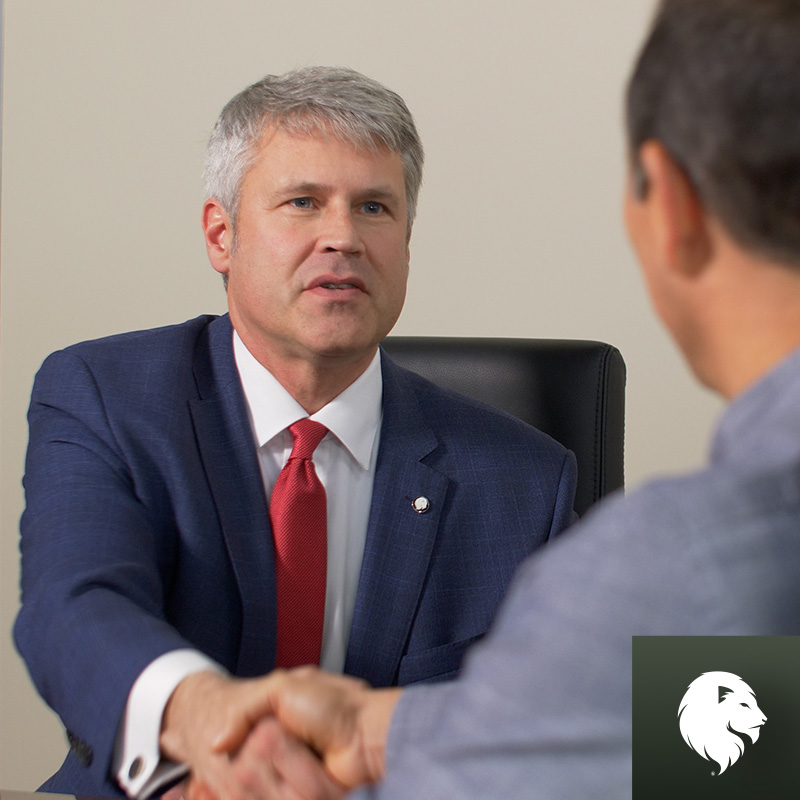

Client Testimonials
-
"Thank you so much for all of your dedication and assistance!"Grewal Law has been amazingly empathetic and forward-thinking through this very emotional and trying time.- Anonymous
-
"The service from this company is fantastic. It is a team that will represent you well."Grewal Law offers a service to its clients, that is professional and the entire staff makes a personal effort to help each individual.- M.L.O
How to Hold Property Owners Accountable
To succeed in a premises liability claim in Michigan, a plaintiff generally needs to establish certain elements:
- Duty of Care: The plaintiff must show that the property owner or occupier owed them a duty of care. The duty of care depends on the plaintiff's status as an invitee, licensee, or trespasser.
- Breach of Duty: The plaintiff needs to demonstrate that the property owner or occupier breached the duty of care owed to them. This often involves proving that the owner knew or should have known about a hazardous condition and failed to address it or provide sufficient warning.
- Actual or Constructive Notice: Establishing that the property owner had actual or constructive notice of the dangerous condition is crucial. Actual notice means the owner knew about the hazard, while constructive notice implies that the owner should have known about it through reasonable inspections.
- Causation: The plaintiff must establish a direct link between the defendant's breach of duty and the injuries suffered. It must be shown that the hazardous condition was a substantial factor in causing the harm.
- Foreseeability: Proving that the harm suffered was foreseeable is often necessary. This involves showing that a reasonable person would have anticipated the potential risks associated with the dangerous condition.
- Injury and Damages: The plaintiff must provide evidence of actual injuries and resulting damages. This can include medical bills, lost wages, pain and suffering, and other related losses.
Michigan follows a modified comparative negligence system. If the plaintiff is found to be partially at fault for their injuries, their damages may be reduced proportionately. However, if the plaintiff's fault exceeds a certain threshold, they may be barred from recovering damages.
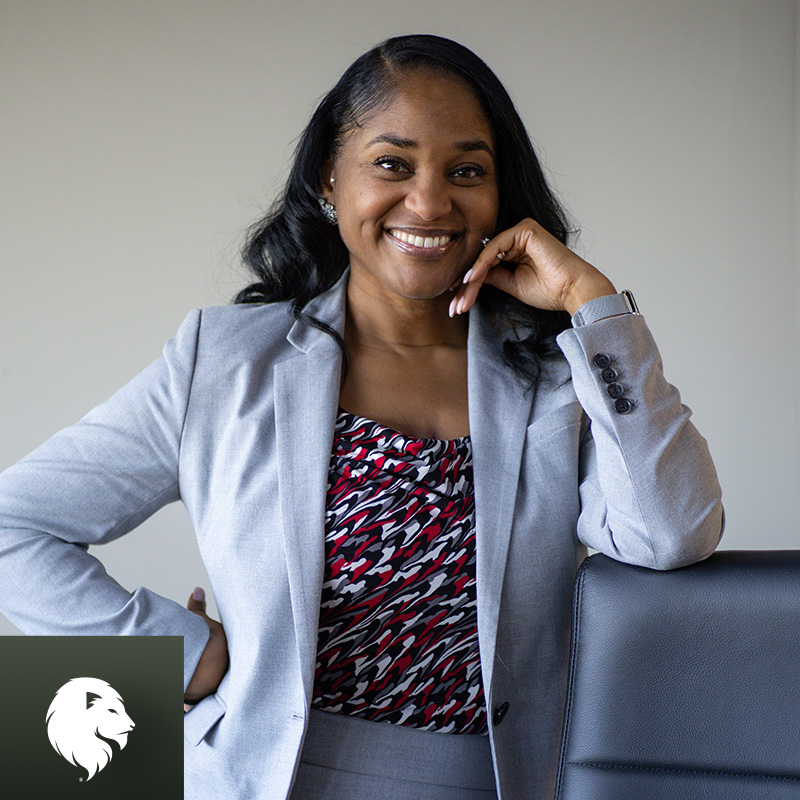
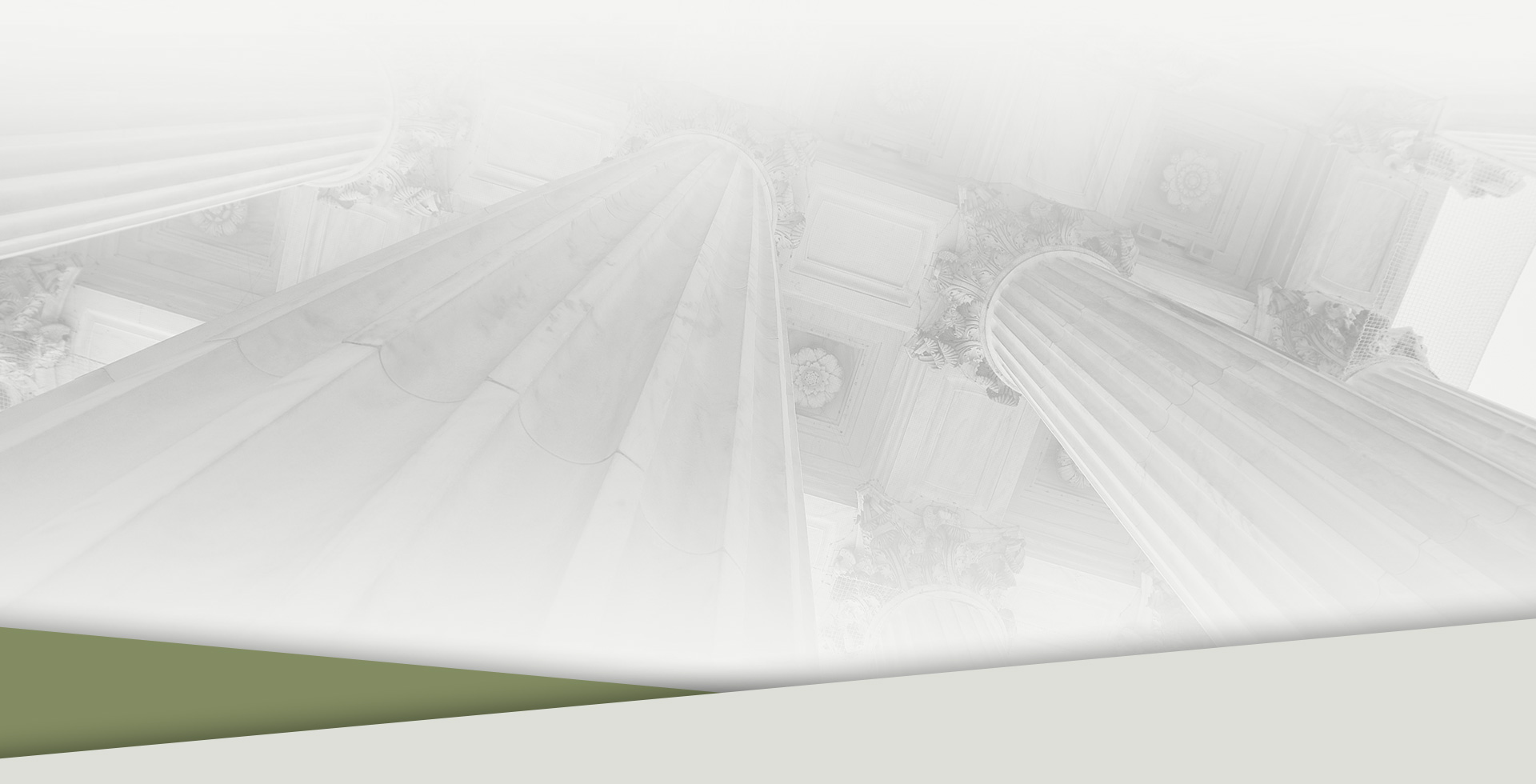
Meet Our Team
A Relentless Firm That Doesn't Take No For An Answer
-
 Manvir (Mick) S. Grewal Sr. Founder and Managing Partner
Manvir (Mick) S. Grewal Sr. Founder and Managing Partner -
 Scott Weidenfeller Attorney; Medical Malpractice & Personal Injury Team Leader
Scott Weidenfeller Attorney; Medical Malpractice & Personal Injury Team Leader -
 Ayanna D. Neal Attorney; Sexual Assault & Civil Rights Team Leader
Ayanna D. Neal Attorney; Sexual Assault & Civil Rights Team Leader -
 Nolan L. Erickson Attorney; New Client Intake Coordinator & Mass Torts Projects
Nolan L. Erickson Attorney; New Client Intake Coordinator & Mass Torts Projects -
 Rico D. Neal Attorney; Criminal Team Leader
Rico D. Neal Attorney; Criminal Team Leader -
 David S. Mittleman Litigating Attorney
David S. Mittleman Litigating Attorney -
 Gurrajan Gill Attorney
Gurrajan Gill Attorney -
 Michael Szparaga Attorney
Michael Szparaga Attorney -
 Micaela Dalrymple Attorney
Micaela Dalrymple Attorney


Why Choose Grewal Law PLLC?
-
Family-owned and nationally recognized
-
Proven track record of success
-
Client-focused approach
-
Our team is accessible 24/7
-
Serving the Michigan area for decades
-
100+ years of combined legal experience
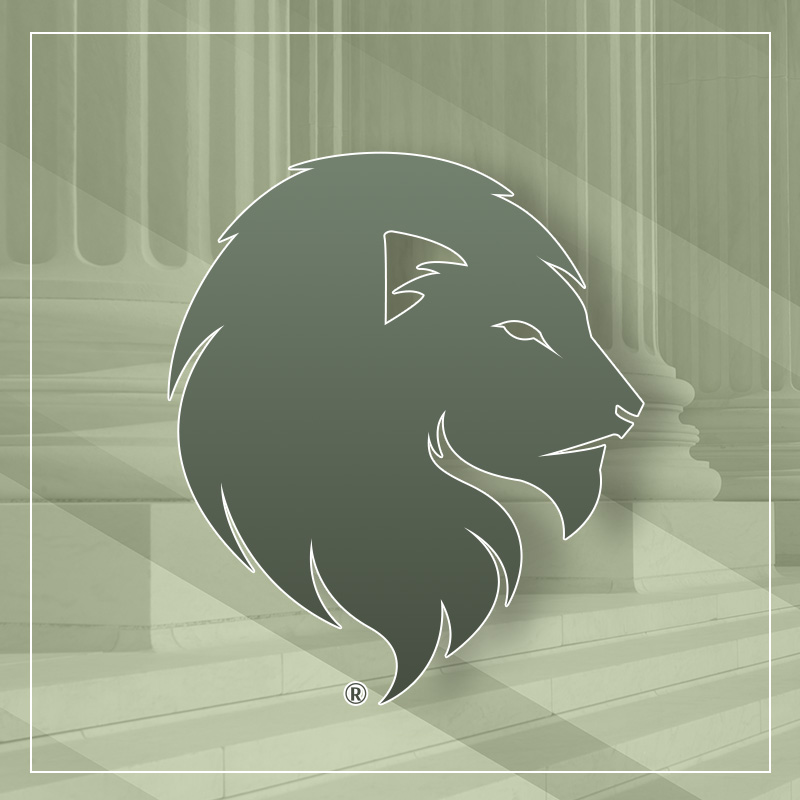



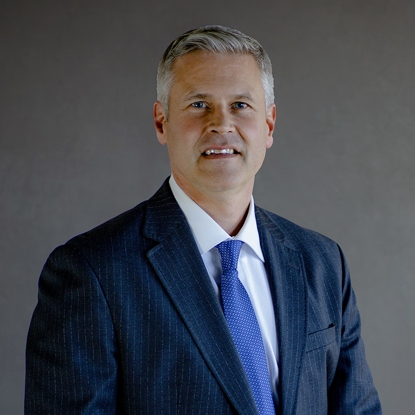
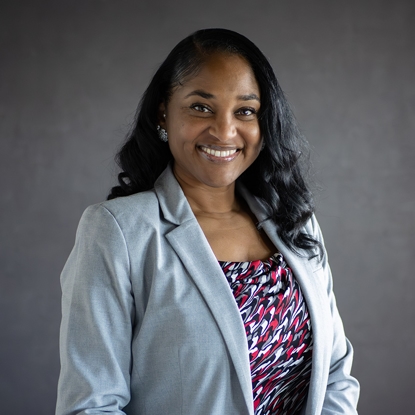






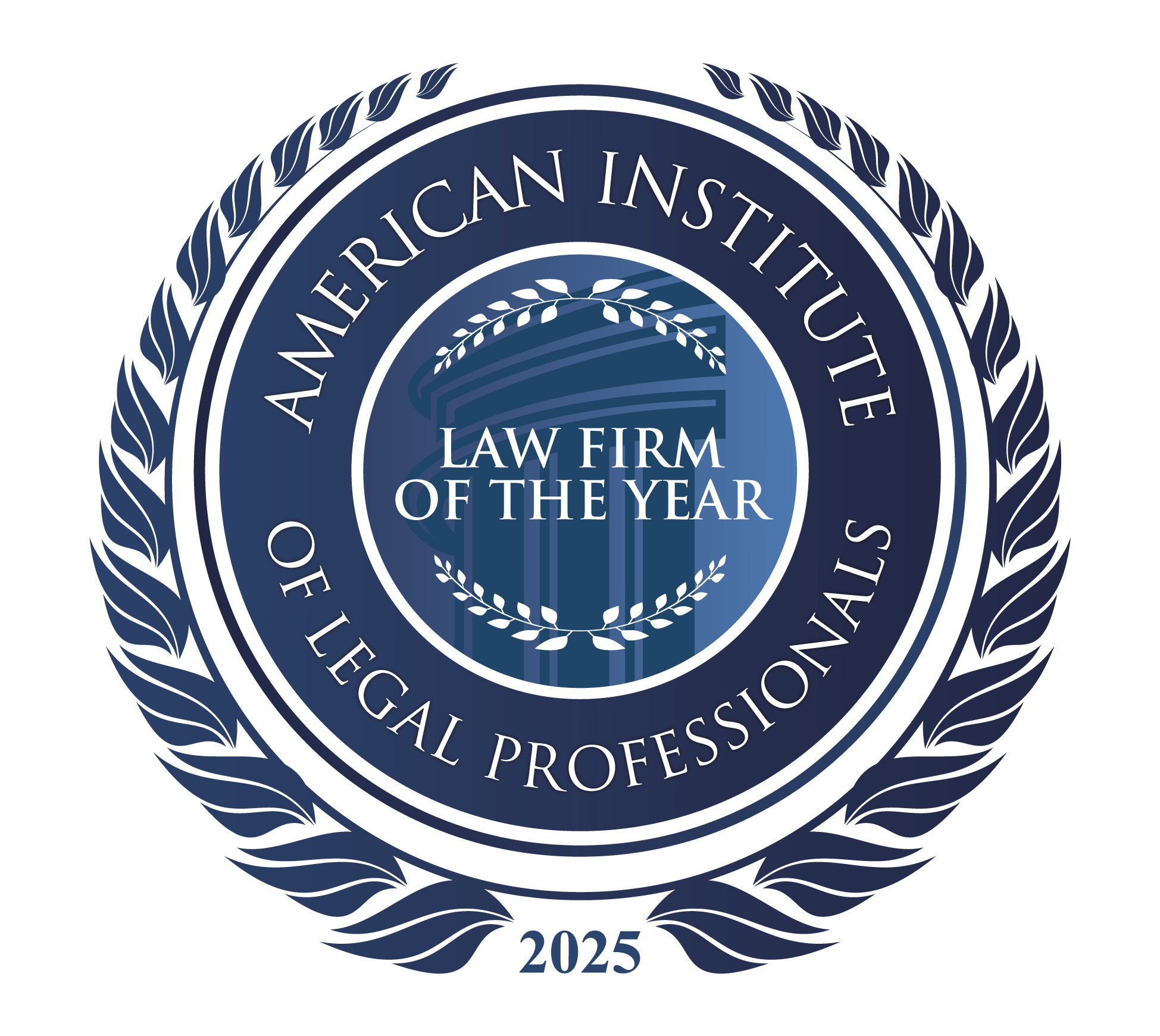
.2504251221568.png)
